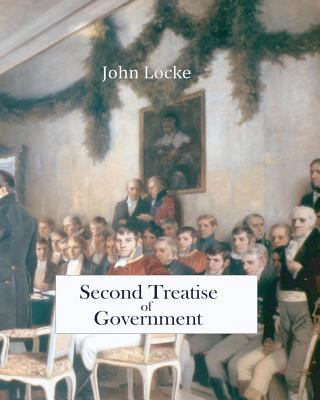All Formats & Editions

Second Treatise of Government
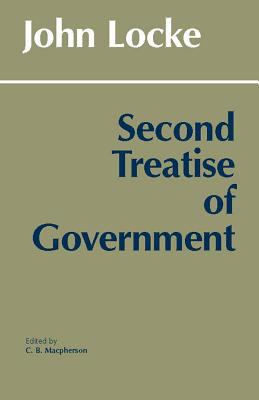
Second Treatise of Government By Locke, John
The Second Treatise is one of the most important political treatises ever written and one of the most far-reaching in its influence. In his provocative 15-page introduction to this edition, the late eminent political theorist C. B. Macpherson examines Locke's arguments for limited,...
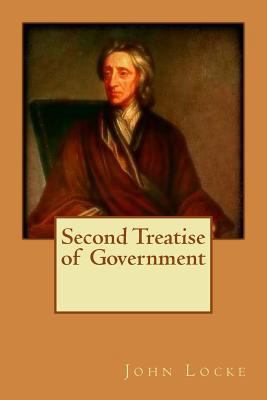
Second Treatise of Government

Second Treatise of Government (Budget Student C...
John Locke's Second Treatise outlines his ideas for a more civilized society based on natural rights and contract theory.

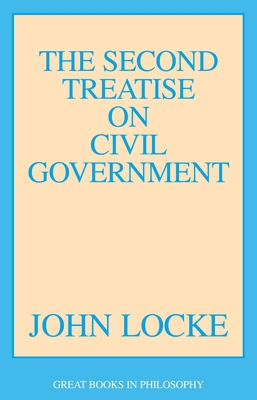
The Second Treatise of Civil Government
As one of the early Enlightenment philosophers in England, John Locke sought to bring reason and critical intelligence to the discussion of the origins of civil society.Endeavoring to reconstruct the nature and purpose of government, a social contract theory is proposed. The...
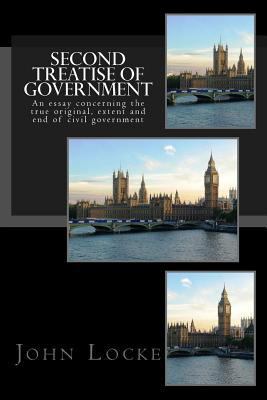
Second Treatise of Government: An essay concern...
The Second Treatise outlines a theory of civil society. John Locke begins by describing the state of nature, a picture much more stable than Thomas Hobbes' state of "war of every man against every man," and argues that all men are created equal in the state of nature by...

Second Treatise of Government: Concerning The T...
John Locke's Two Treatises is a pivotal work for anyone studying political philosophy. Locke was a doctor, a scientist and a philosopher, who made key contributions to the development of Enlightenment thinking in the late 1600s. In the Second Treatise, Locke presents a nuanced...
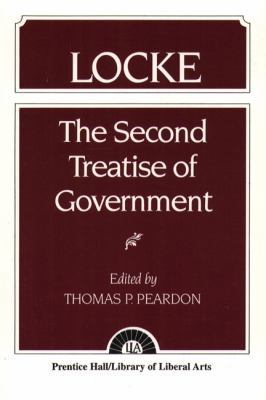
Locke: The Second Treatise of Government Locke
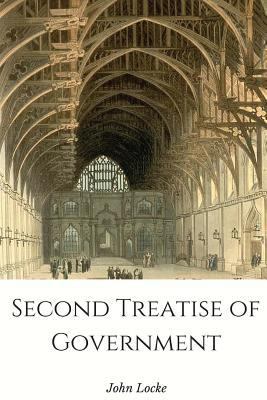
Second Treatise of Government

Second Treatise of Government
John Locke's seminal and tremendously influential treatise on the nature of society and the role of government, covering themes including: the state of nature, conquest and slavery, property, representative government, and the right to revolution. Locke's writing influenced philosophers...
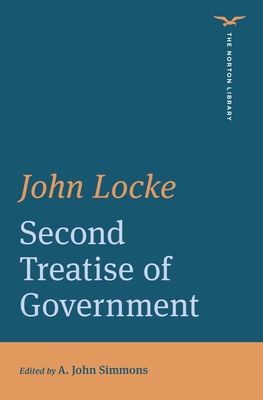
Second Treatise of Government
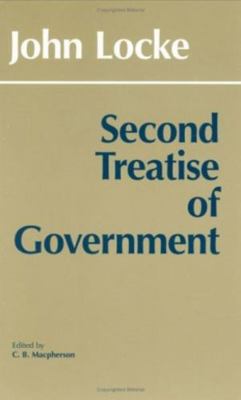
Second Treatise of Government
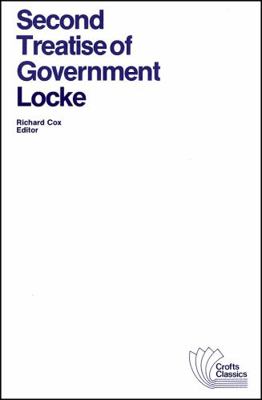
Second Treatise of Government: An Essay Concern...
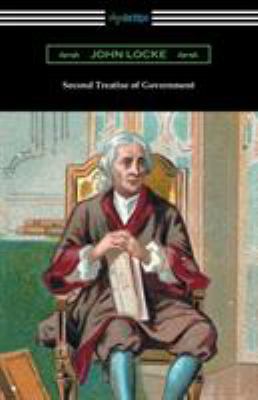
Second Treatise of Government
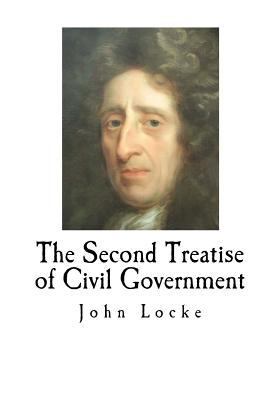
The Second Treatise of Civil Government
The Second Treatise of Civil Government by John Locke John Locke FRS (29 August 1632 - 28 October 1704) was an English philosopher and physician, widely regarded as one of the most influential of Enlightenment thinkers and commonly known as the "Father of Liberalism". Locke defines...

Second Treatise of Government

The Second Treatise of Civil Government
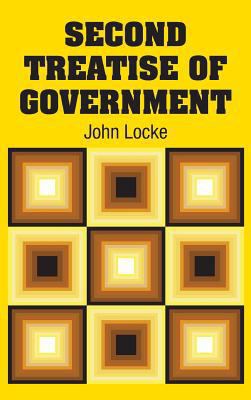
Second Treatise of Government

Second Treatise of Government
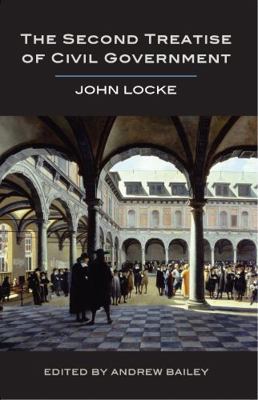
The Second Treatise of Civil Government
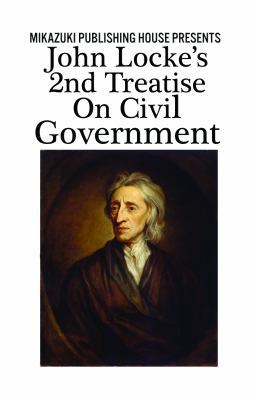
John Locke's 2nd Treatise on Civil Government
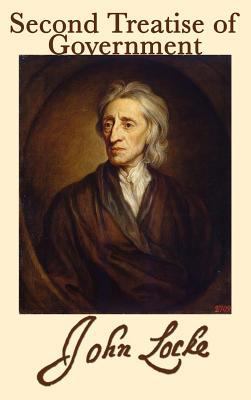
Second Treatise of Government
The Second Treatise of Government: An Essay Concerning the True Origin, Extent, and End of Civil Government
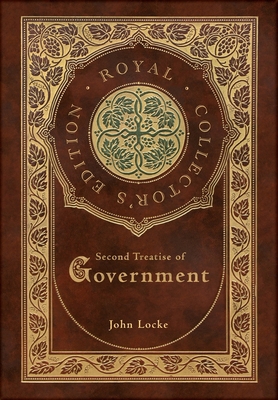
Second Treatise of Government (Royal Collector'...
The Second Treatise of Government outlines John Locke's theory of civil society. Locke begins by describing the state of nature, and argues that all men are created equal in the state of nature by God. From this, he goes on to explain the hypothetical rise of property and...
